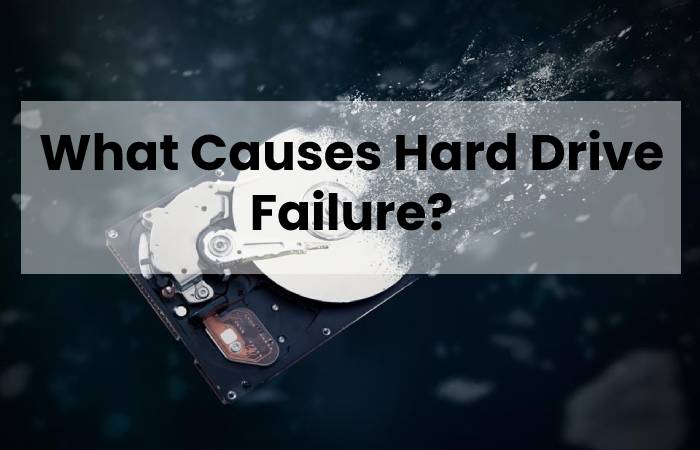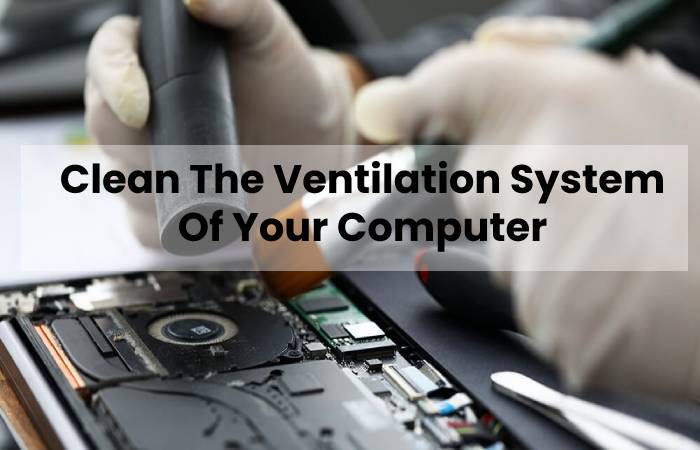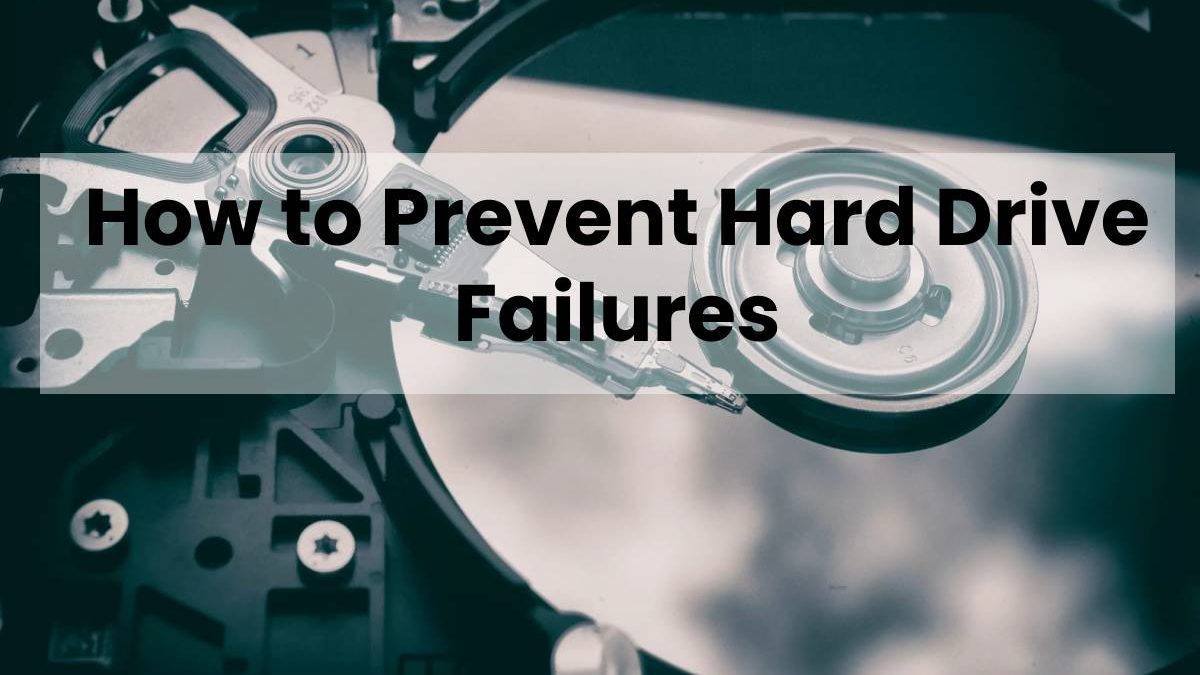Prevent Hard Drive Failures
Data retention in devices that consume power only while they are technically functional is what a non-volatile storage device refers to. A non-volatile data storage device is a computer hard disc drive (HDD) that uses a magnetized coating on a spinning disk to store and retrieve data. Storage devices come in various types, but the best example of the HDD drives for computers is the standard one.
What Causes Hard Drive Failure?
Numerous factors might cause hard drives to fail. Here are a few of the most typical:
- External harm via impacts or drops, power surges, or other technological issues
- Platter-spinning electric motor malfunction
- clogs up the air intake filter
- The circuit board fries from overheating.
- When the disc is writing, the power goes out.
These hard disc failure causes can remain divided into logical and physical. Logical failures result from file system corruptions, whereas material losses remain caused by the moving elements of the hard drive.
8 Guidelines to Avoid Hard Drive Failure
Although you will eventually need to replace your hard drive, you can be proactive to avoid a catastrophic failure. Here are some excellent starting points.
1. Clean The Ventilation System Of Your Computer
Your hard drive will die from overheating. The ventilation system must be kept clean as a result. You can either manually clean it or have it replaced to accomplish this.
2. Rebuild it Frequently
Your computer has to remain regularly defragmented to function correctly. It will keep your laptop speedy and clean for daily work and enjoyment and prevent complete hard disc failure.
3. Only Use Your Computer If You Are Sure You Understand What You’re Doing.
Many individuals open their computers (to clean the CPU or perform other tasks they feel will help prevent hard drive failure), but unless you’re an expert computer repair engineer, doing so can do more harm than good. It’s best to call your neighbourhood computer repair shop, as most folks aren’t.
4. Dispose of Extraneous Software
Your computer has to work harder the more files it has stored. Go through your computer and delete anything you aren’t using while keeping this in mind.
5. Prevent Power Surges by Protecting Your Hard Drive
Power surges can happen in even brand-new homes. Use a surge protector to shield your hard drive from harming power surges that could otherwise destroy it.
6. Prevent Static
Although most people don’t think of static as harmful to computers, it is. A mild static shock can destroy your computer’s internals.
As a result, before handling your computer, you should ground yourself, especially if you live in a dry atmosphere. Before using your computer or other electrical devices, touch something else to ground yourself.
7. Use a solid-state drive (SSD)
Since a solid-state drive has no moving parts, its lifespan can remain significantly increased. These drives are resistant to the physical failures that impact regular hard drives since some of the mechanical components have remained removed.
While a solid-state drive initially costs more than a standard hard disc, it will require less maintenance and keep your data safer over time.
8. Tighten The Screws In Your Chassis
Hard drives are delicate while operating nonstop, and even a tiny amount of vibration can damage them. In light of this, tighten the mounting screws holding your computer’s hard disc to the chassis.
Take your hard drive to a computer repair professional for a tune-up if you hear or feel vibrations coming from the inside; doing so could save your computer and prolong the life of your hard drive.
Conclusion
What is the main reason for complex drive malfunctions? Hardware overheating is the main reason for hard disc failures. Also, Your computer hardware may suffer severe damage if insufficient cooling and ventilation are inside and around it. Prevent Hard Drive Failures

